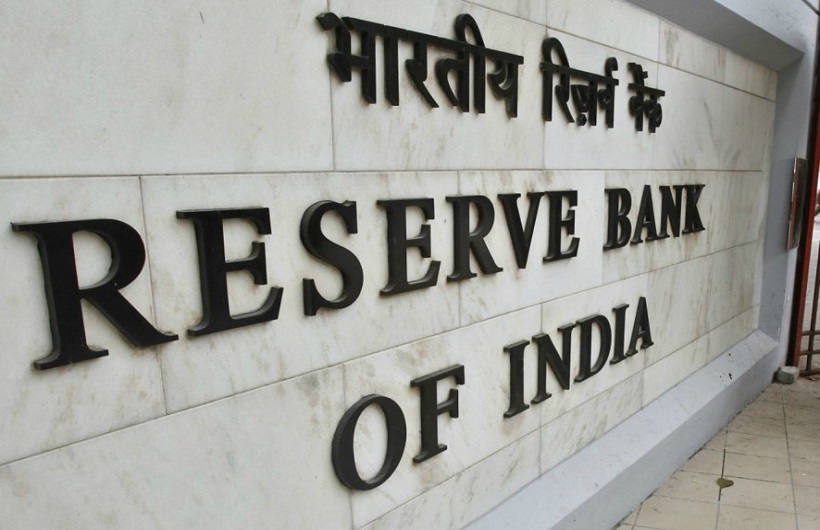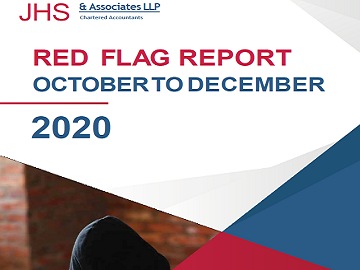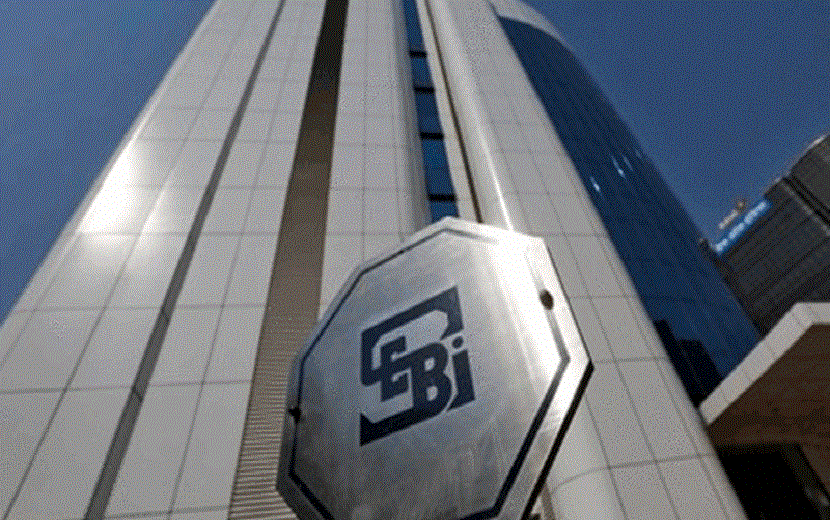Reference: Reserve Bank of India
Update:
Technical Specifications for all participants of the Account Aggregator (AA) ecosystem:
The NBFC-AA consolidates financial information of a customer held with different financial entities, spread across financial sector regulators adopting different IT systems and interfaces. In order to ensure that such movement of data is secured, duly authorised, smooth and seamless, RBI has decided to put in place a set of core technical specifications for the participants of the AA ecosystem.
Reserve Bank Information Technology Private Limited (ReBIT), has framed these specifications and published the same on its website (www.rebit.org.in).
All regulated entities of the Bank, acting either as NBFC-AA or Financial Information Providers (FIP) or Financial Information Users (FIU) are expected to adopt the technical specifications published by ReBIT, as updated from time to time.
It shall be the responsibility of the NBFC-AA to ensure that its IT systems have all features necessary to carry out its functions strictly in conformity with the NBFC-AA Master Directions, as updated from time to time.
Implication:
This will ensure that such movement of data is secured, duly authorised, smooth and seamless.
Reference: Central Board of Indirect Taxes and Customs
Update:
Clarification on Restriction in availment of input tax credit:
CBIC has clarified that the restriction of availment of ITC is imposed only in respect of those invoices / debit notes, details of which are required to be uploaded by the suppliers under section 37 (1) and which have not been uploaded. Therefore, taxpayers may avail full ITC in respect of IGST paid on import, documents issued under RCM, credit received from ISD etc. which are outside the ambit of section 37 (1), provided that eligibility conditions for availment of ITC are met in respect of the same. It has also clarified that the restriction of 36(4) will be applicable only on the invoices / debit notes on which credit is availed after 09.10.2019.
The amount of input tax credit in respect of the invoices / debit notes whose details have not been uploaded by the suppliers shall not exceed 20% of the eligible input tax credit available to the recipient in respect of invoices or debit notes the details of which have been uploaded by the suppliers under Section 37(1) as on the due date of filing of the returns in FORM GSTR-1 of the suppliers for the said tax period. The taxpayer may have to ascertain the same from his auto populated FORM GSTR 2A as available on the due date of filing of FORM GSTR-1 under section 37(1).
Implication:
This will bring uniformity in the implementation of the provisions of the law across the field formations
Update:
Qualifying Assets Criteria – Review of Limits:
Taking into consideration the important role played by MFIs in delivering credit to those in the bottom of the economic pyramid and to enable them play their assigned role in a growing economy, RBI has increased the household income limits for borrowers of NBFC-MFIs from the current level of ₹1,00,000 for rural areas and ₹1,60,000 for urban/semi urban areas to ₹1,25,000 and ₹2,00,000 respectively.
Further, the limit on total indebtedness of the borrower has been increased from ₹1,00,000 to ₹1,25,000. In light of the revision to the limit on total indebtedness, the limits on disbursal of loans have been raised from ₹60,000 for the first cycle and ₹1,00,000 for the subsequent cycles to ₹75,000 and ₹1,25,000 respectively.
Update:
Extension of Directive period- Millath Co-operative Bank Ltd, Davangere:
RBI had issued directive to Millath Co-operative Bank Ltd., Davangere, which was operative till 7th November 2019. RBI has decided that the said directives shall continue to apply to the bank for a further period of six months from November 08, 2019 to May 07, 2020.
Implication:
The said bank will follow the directions issued by RBI for further period of 6 months till 7th May 2020
Update:
Extension of Directive Period- Sikar Urban Co-operative Bank Ltd:
Reserve Bank of India, in exercise of powers vested in it under sub-section (1) of Section 35 A of Banking Regulation Act, 1949 (AACS) read with Section 56 of the Banking Regulation Act, 1949, has directed that the Directive dated October 26, 2018, issued to the Sikar Urban Co-operative Bank Ltd, Sikar, Rajasthan, the validity of which was last extended up to November 09, 2019, shall continue to apply to the bank for a further period of six months from November 10, 2019 to May 09, 2020.
Implication:
The said bank will follow the directions issued by RBI for further period of 6 months till 9th May 2020
Update:
Furthering Digital Payments:
Digital payments constituted a high 96% of total non-cash retail payments during the period October 2018 to September 2019. During the same period, the National Electronic Funds Transfer (NEFT) and Unified Payments Interface (UPI) systems handled 252 crore and 874 crore transactions with year on year growth of 20% and 263%, respectively. This rapid growth in the payment systems, inter-alia, has been facilitated by a series of measures taken by the Reserve Bank of India.
To further empower every citizen with an Exceptional (e) Payment Experience, and provide access to a bouquet of options, the RBI has taken following steps:
• Mandate banks not to charge savings bank account customers for online transactions in the NEFT system with effect from January 2020.
• Operationalise the Acceptance Development Fund to increase acceptance infrastructure with effect from January 1, 2020.
• Constitute a Committee to assess the need for plurality of QR codes and merits of their co-existence or convergence from both systemic and consumer viewpoints.
• Permit all authorised payment systems and instruments (non-bank PPIs, cards and UPI) for linking with National Electronic Toll Collection (NETC) FASTags. Going forward, this will facilitate the use of FASTags for parking, fuel, etc., payments in an interoperable environment.
• Enable processing of e-mandates for transactions through UPI.
Implication:
This will empower every citizen with an Exceptional (e) Payment Experience.
Reference: Securities and Exchange board of India
Update:
SEBI extended time line for implimentation of Phase II of UPI with application supported by blocked account:
SEBI has issued a circular ‘Streamlining the Process of Public Issue of Equity Shares and convertibles- Extension of time lime for implementation of Phase II of Unified Payments Interface with Application Supported by Blocked Amount’ dated 8th November 2019. As per the said circular time line for implementation of Phase II is extended till March 31, 2020. READ MORE
Implication:
This will ensure that the transition to UPI in ASBA is smooth for all the stakeholders.
Update:
Sebi allows cross-margining facility to offset positions in co-related equity indices:
SEBI vide circular dated 8th November 2019 has extend cross margining facility to off-setting positions in highly co-related equity indices to facilitate efficient use of collateralby market participants.
A positive correlation of more than 0.90 for a period of six months between the values of the equity Indices was essential, and at least 80 per cent of constituents of one of the index is present in the other index.
The constituents of smaller index based on free float market capitalization shall have at least 80 per cent weightage in the larger index based on free float market capitalization, the markets regulator said.
For cross margining benefit to continue such eligibility criteria shall be checked by clearing corporations on a monthly basis on the 15th of every month and on the day of change in the constituents of the equity indices.
Implication:
This will facilitate efficient use of collateralby market participants













